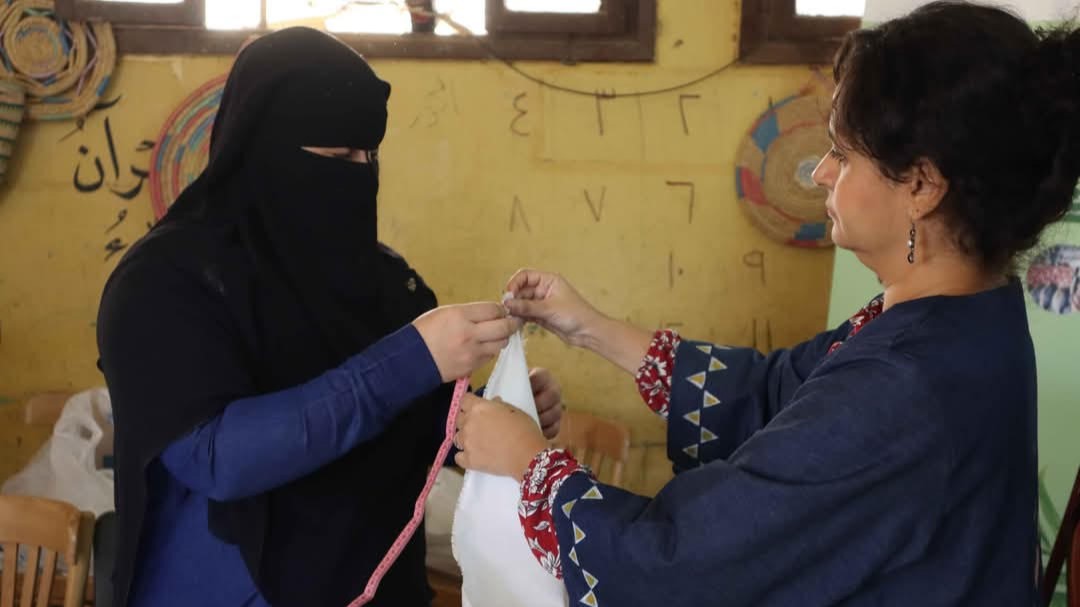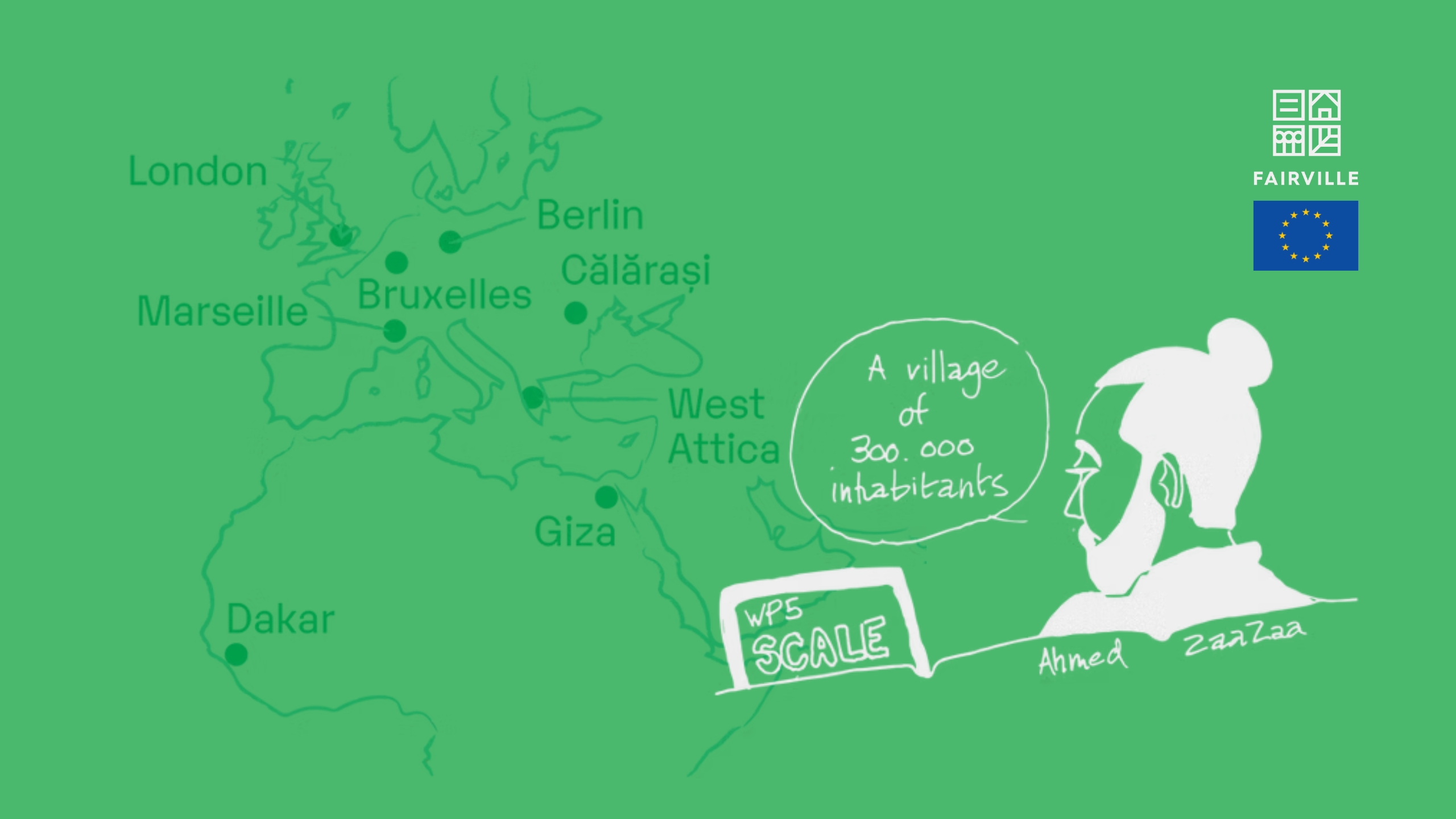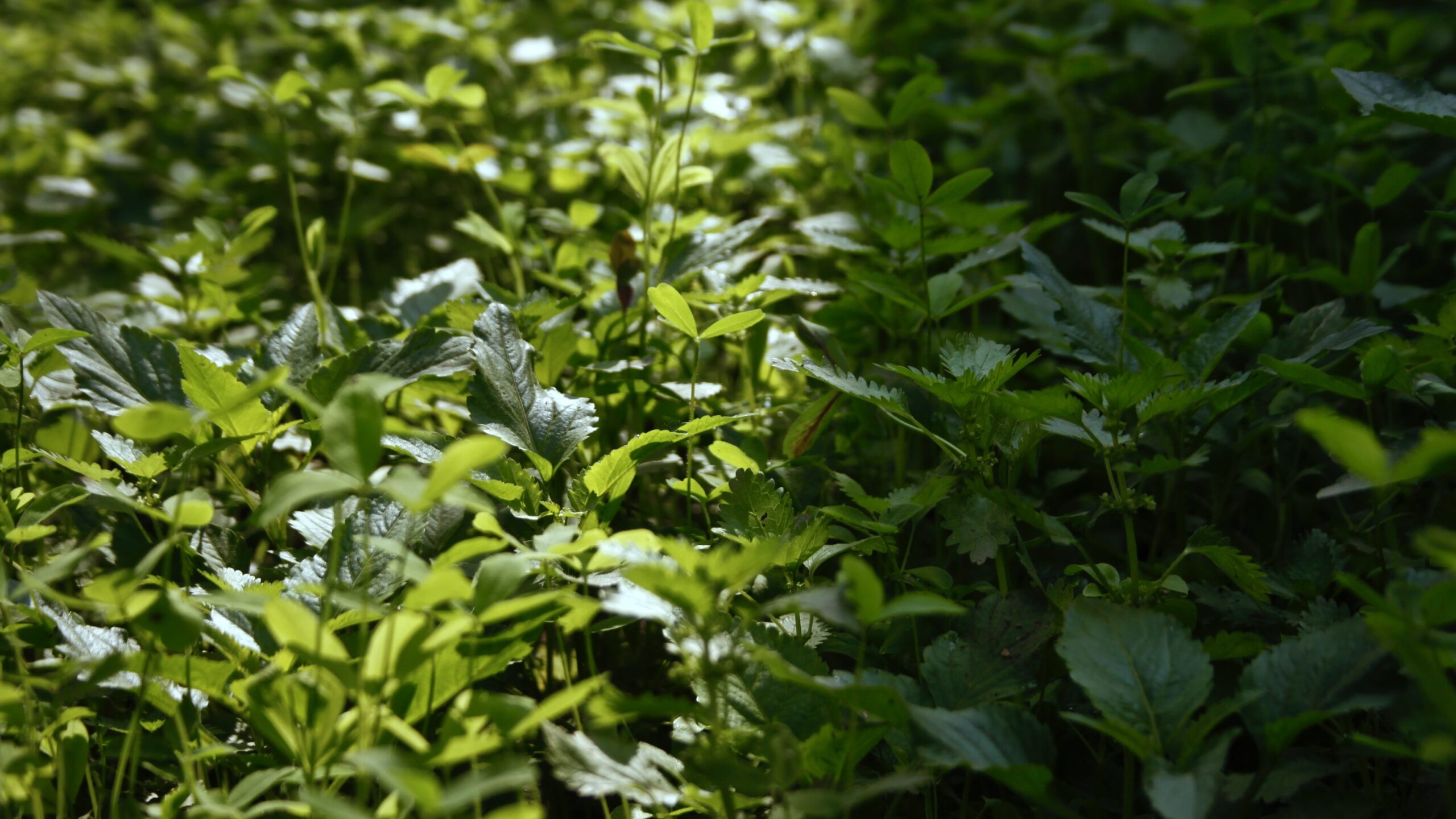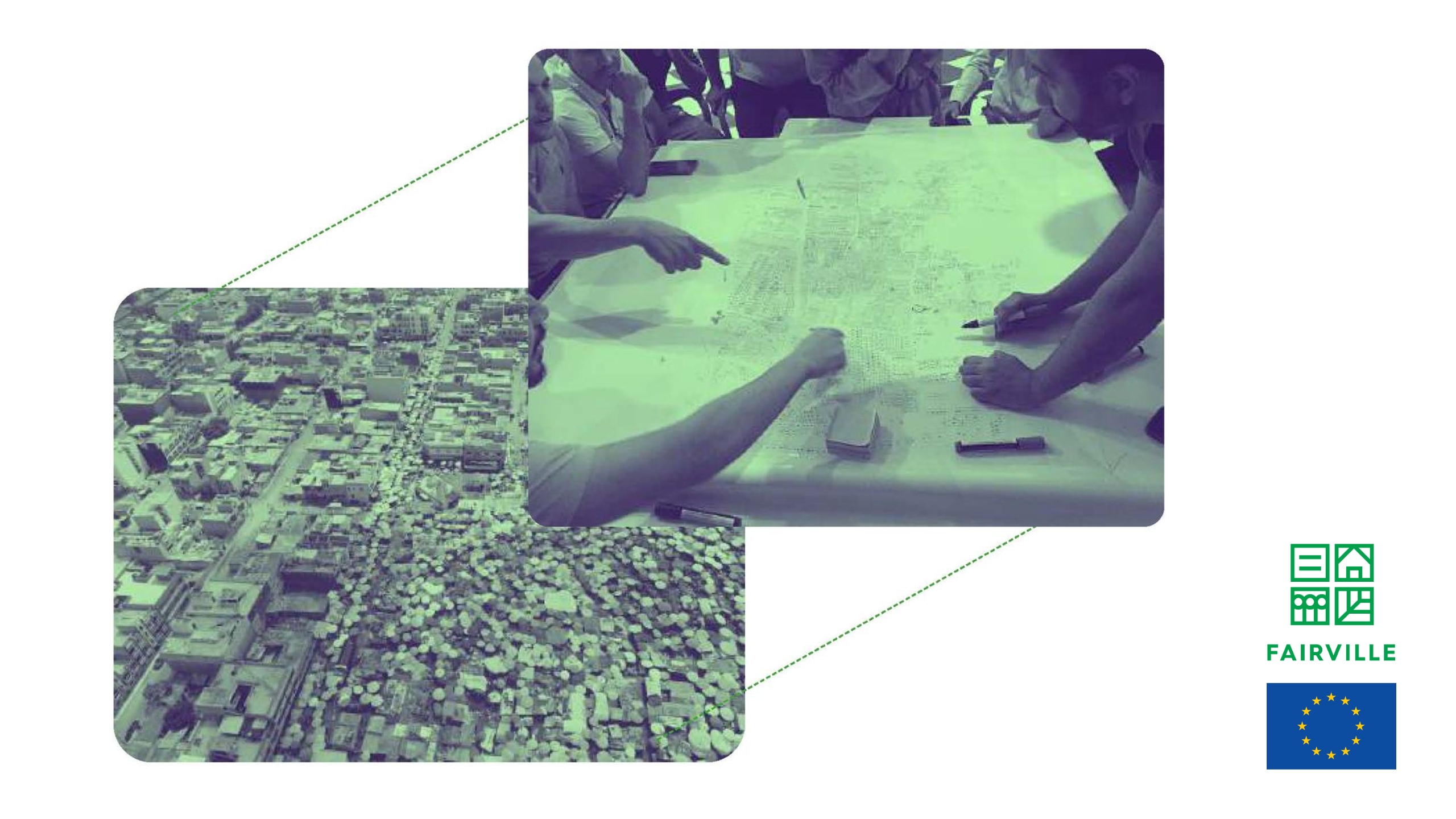The Gender Component of the Fayoum Wastewater Expansion Programme called “Women’s Economic Inclusion in Fayoum” supports women’s access to economic opportunities within the rural sectors. Within this context, North South Consultants Exchange (NSCE) together with Microfinance Strategy facilitates women’s economic participation through stitching. The project includes the design and implementation of a 1-year training programme to enhance women-led agro MSME’s capacities and support the creation of new women-led businesses in the sectors of commercial agriculture, agricultural value chains, fisheries and related handicrafts,
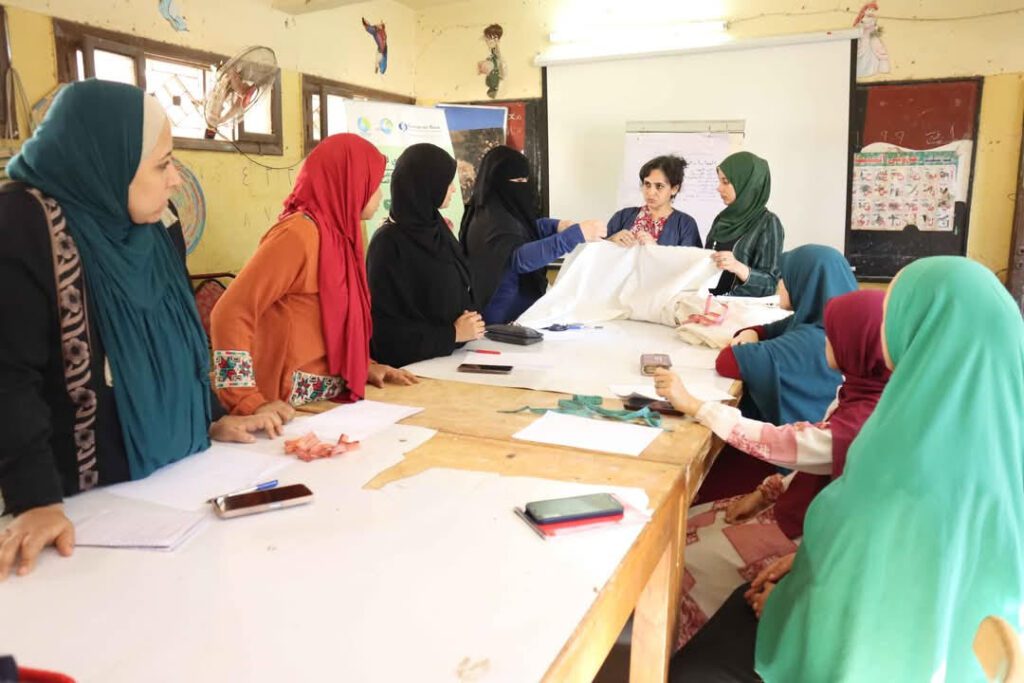
This initiative of ‘stitching the future’ goes beyond teaching sewing skills, it is about threading independence, weaving creativity, and stitching confidence. By mastering vocational skills, these remarkable women are not just learning a trade, they are shaping business, creating opportunities, and becoming communities’ leaders. Together, we are sewing more than garments, we are stitching the fabric of empowerment.
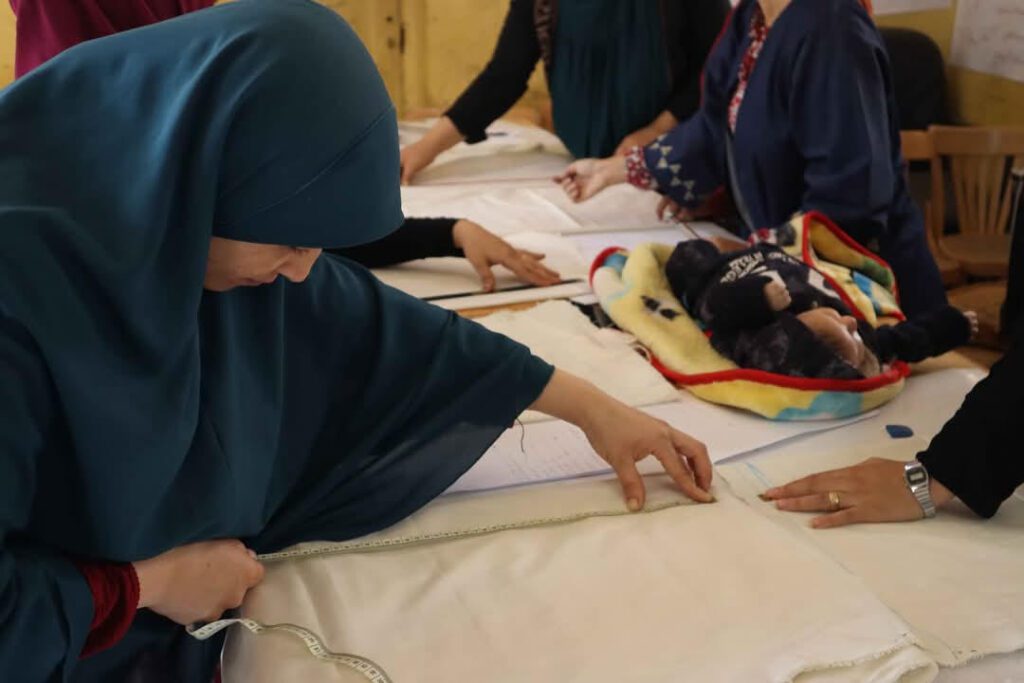
Project: Gender Component of the Fayoum Wastewater Expansion Programme: EBRD “Women’s Economic Inclusion in Fayoum”
Project: Women's Economic Inclusion in Fayoum This specific working package on capacity building offers technical and business skills training, provides support to formalise existing women-led informalized activities in agriculture; and promotes outreach and institutional capacity building for the creation of women-led businesses or equivalent entities such as cooperatives and farmers’ associations.
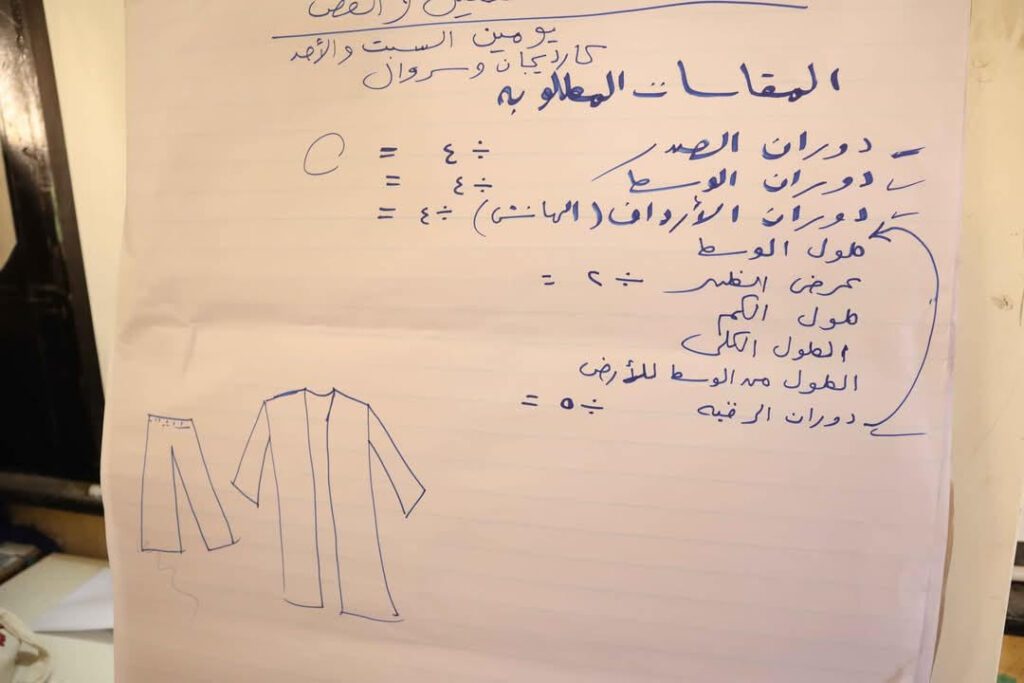
In addition, facilitating access to finance (A2F) is key through financial education and financial literacy training on for example fundraising. The working package also aims to pave the way for networking opportunities to women entrepreneurs through the development of digital channels and event organisation, study tours and site visits of female farmers to agri-MSMSEs and larger agri-businesses.
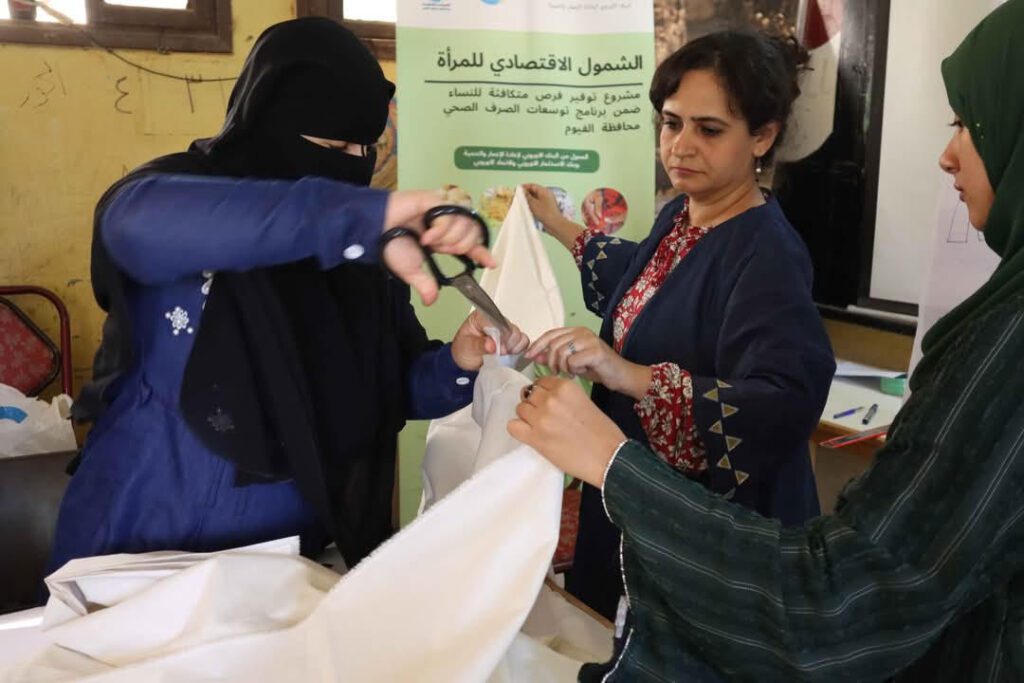
See also: Forging Connections: A New Chapter in Networking and Partnerships for Women EntrepreneursTraining on climate change adaptation practices and sustainable commercial agriculture is included within the 1-year programme. A sustainability model for the intervention addresses how trainings could be replicated in the future.


